2019-05-03
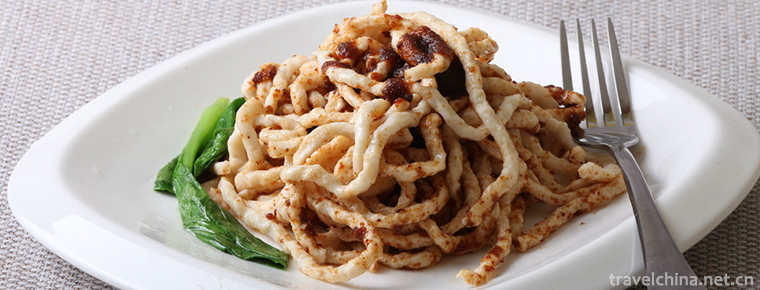
- By ChinaWiki.net
- Chinese Edition
- 2018-11-02
The only disciple chef Wang Daquan who teaches Shacha Noodle recipe by the master of Southern Fujian cuisine Yang Jibo inherits the tradition and makes it flourish. The main ingredients of Shacha sauce are dried shrimp, dried fish, onion, garlic, ginger and more than a dozen other ingredients. After deep-fried crispy and grinded fine, Shacha sauce is prepared for use.
Fujian is one of the earliest coastal areas open to the outside world and one of the main ancestral places of overseas Chinese. There are many imported products in Fujian people's lives, and Shacha is one of them. Sha cha Siwon in Malaysia, there are also from Indonesia. People in Southern Fujian drink tea and become popular. Therefore, the sate translation of Malay language is called sa-te.
Sand tea noodles are very simple. Soda water and oil noodles are boiled in a boiling pot under the fence. They are salvaged in a bowl. With their own taste, they are added with pig heart, pig liver, pig waist, duck tendon, duck blood, large intestine, squid, tofu and other accessories. Finally, they are dried with soup that has been boiling in a large pot. A bowl of noodles can be served in a minute.
At the end of the 18th century in Xiamen, a family lived at the foot of Mount Putuo (now Nanputuo), fishing for generations. His father died early, and his son and his mother depended on each other. Unfortunately, a great wind swept away the son who was fishing. Ten years since then, no news has been heard; the desperate mother has cried her blind eyes, and her taste buds have been lost.
The lucky son was rescued by an Indonesian merchant ship and worked as a cook on the ship. He found that Indonesians like to cook meat with a powder called sand tea. The meat is so delicious and delicious. His heart wants to go home. He must cook such meat for his mother. Ten years later, the young man finally returned to Xiamen with the boat and saw the thin and old mother, whose son had a knife in his heart, and decided to be filial to his mother. Although his son took good care of him, his mother still had no sense of taste. One day, he bought his mother's favorite peanuts. After grinding peanuts into powder and adding them to noodles made of bone soup, my mother took a bite and said, "What a light taste!" The son was overjoyed and went to fetch the salt bar. He found that the salt bar had been used up and turned over the tea powder that Indonesia had brought back. He used it instead of salt bar to sprinkle some noodles. Unexpectedly, my mother ate noodles and said, "what is this? It's so delicious!" The son came close to the bowl and smelled so fragrant. From then on, the mother's taste was restored. Later, in order to make a living, the young people took the cooked sandtea noodles to the wharf to exchange some daily necessities and fish with fishermen, and gradually more and more boats stopped for this famous bowl of sandtea noodles in the countryside! Today, this bowl of filial piety and the birth of the tea noodles, has become the pronoun of Xiamen snacks. It is Xiamen's most distinctive snack, which is sought after by Xiamen people and foreign tourists.
Making of tea sauce
1. Burn peanuts, dried fish and dried shrimp into 50% hot salad oil, soak and fry until fragrant and cooked, then remove them and grind them into sauce.
2. Take one bite of iron pot, add peanut oil, add dry chili powder, garlic and scallion to fry until fragrant, leave oil and residue to be used.
3. After washing the pan, put in the fried oil, and burn until 50% hot, add peanut butter and hot shacha, and simmer until the sauce bubbles.
4. Xiamen Shacha noodles taste salty, spicy, a little sweet, red and bright soup, salty, spicy taste, nutritional collocation is reasonable.
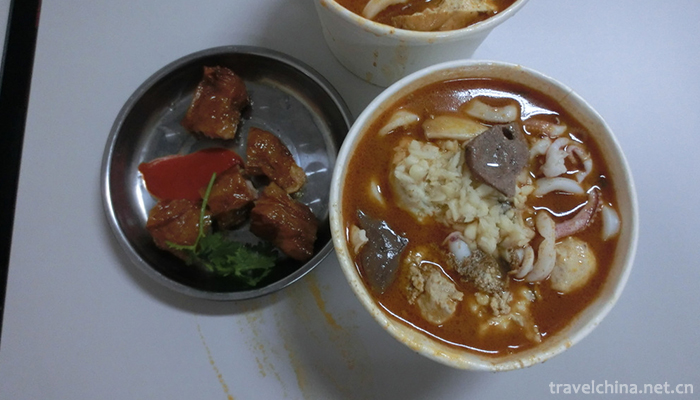


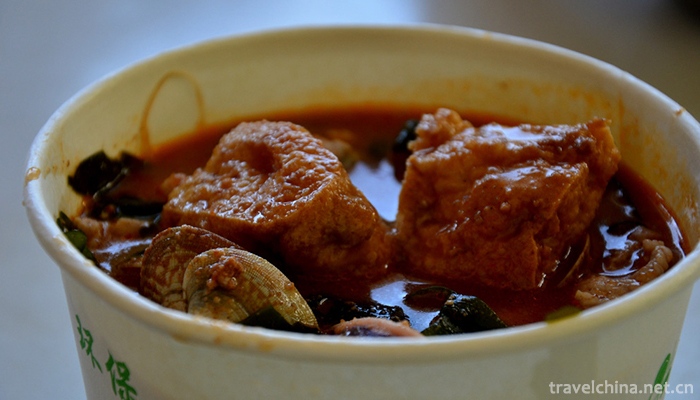

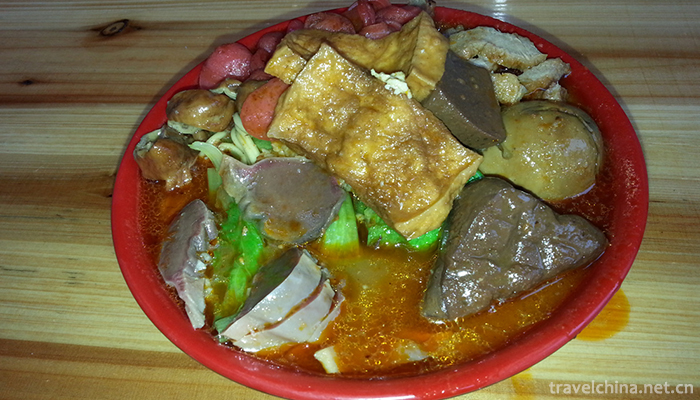
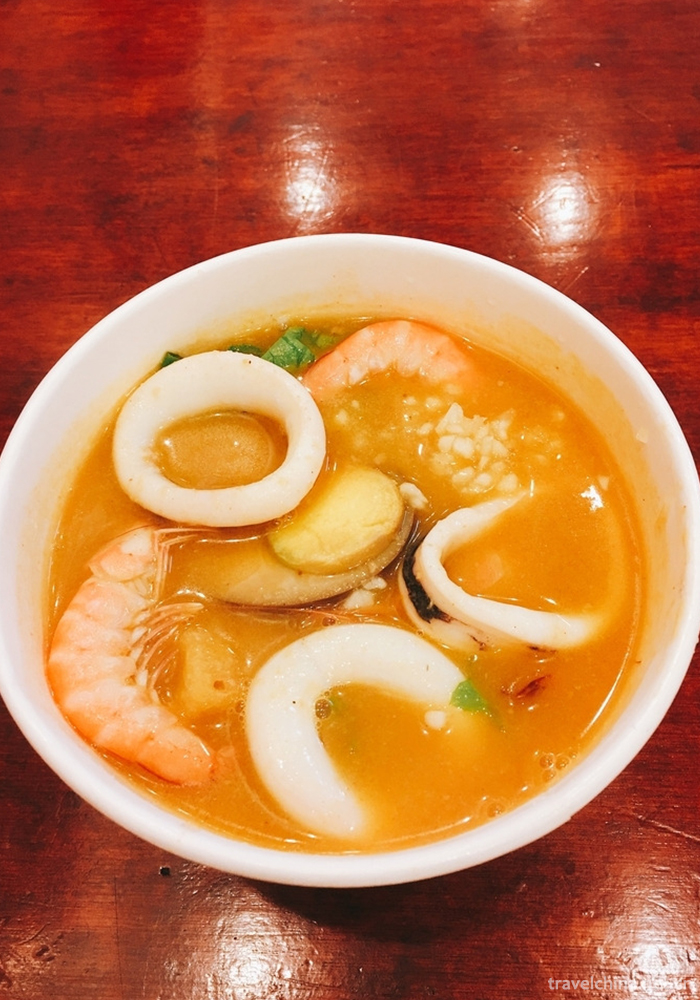
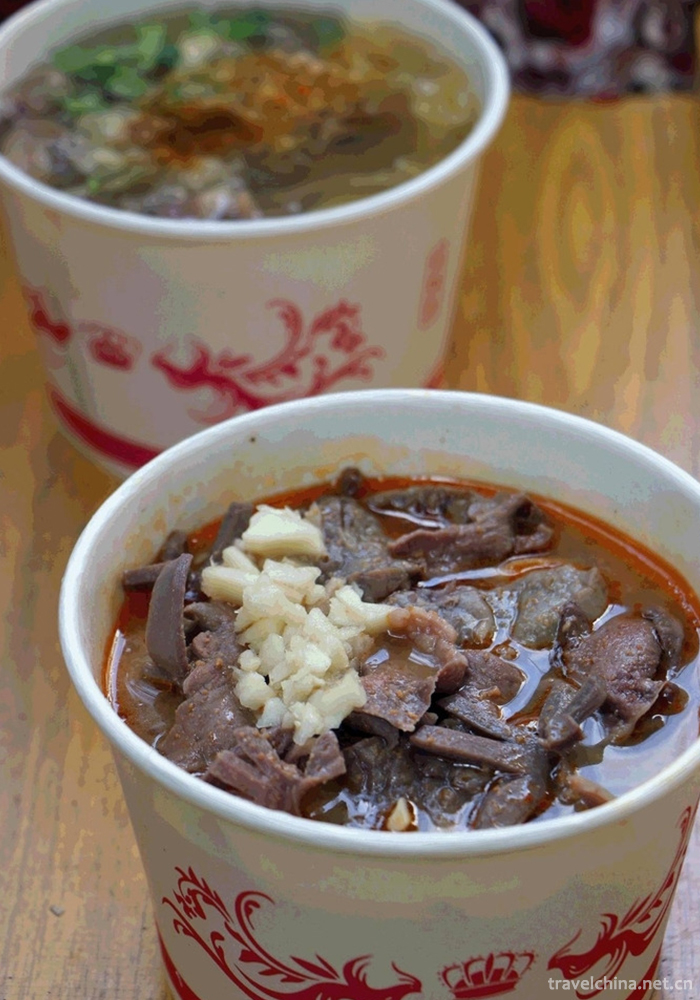
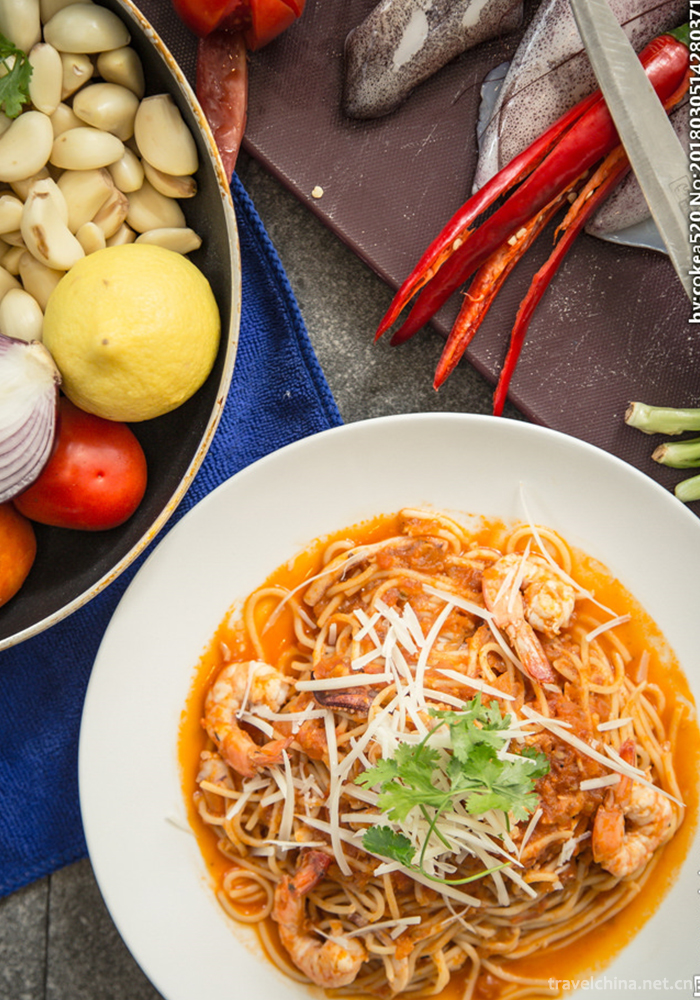
Ask a Question
Your email address will not be published.
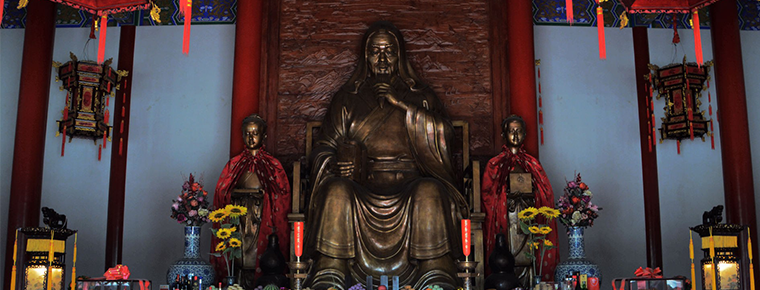
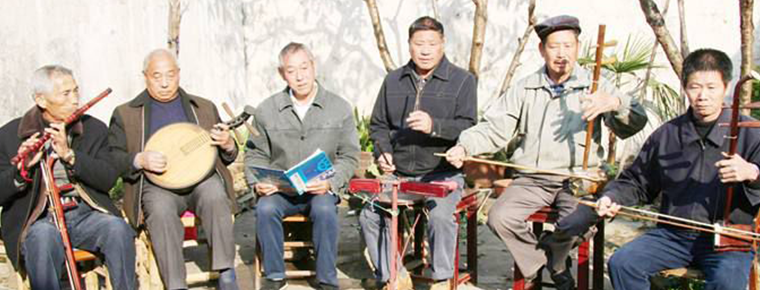

0 Questions